The plot continually thickens surrounding Donald Trump and his alleged collusion with Russia prior to the 2016 presidential election. It seems like every day some new tidbit of information is uncovered or a new lead is splashed across headlines, but now MSNBC host Rachel Maddow is warning other news organizations against putting too much weight into even the most convincing documents that are sent to them as tips.
Related | Rachel Maddow Giggles Her Way Through Story About Homophobic Televangelist
Maddow spent an entire episode of her show talking about a particularly juicy and tempting tip they'd been sent in the form of a "top secret" document. Maddow describes that document as "unbelievably red hot" and, if it is real, she says it's so sensitive and so classified that she can't show it to anyone, and that the nature of the claims make it difficult to validate.
Related | Rachel Maddow Answers to Both Sir & Ma'am
Maddow then starts to wade into the potential conspiracy, referencing a document sent to The Intercept last month that exposed details of Russia's alleged hacking prior to the election. But that's when things start to get deeper and darker, with Maddow looking at the "fingerprints" left by whichever printer printed that document sent to the Intercept and cross-referencing them with the one she received. That, along with the fact that Maddow's document called out an American citizen by name, which NSA documents never do, tipped her team off to its highly probably falsity. That's when Maddow issues a warning to other journalists and news organizations: "One way to stab in the heart aggressive American reporting on that subject is to lay traps for American journalists who are reporting on it, trick news organizations into reporting what appears to be evidence of what happened, and then after the fact blow that reporting up. You then hurt the credibility of that news organization, you also cast a shadow over any similar reporting in the future, whether or not it's true. Even if it's true, you plant a permanent question." Watch the segment below.
Maddow caveats that by adding that, if it isn't a forgery, every single security professional they asked about it was wrong. Watch the segment below.
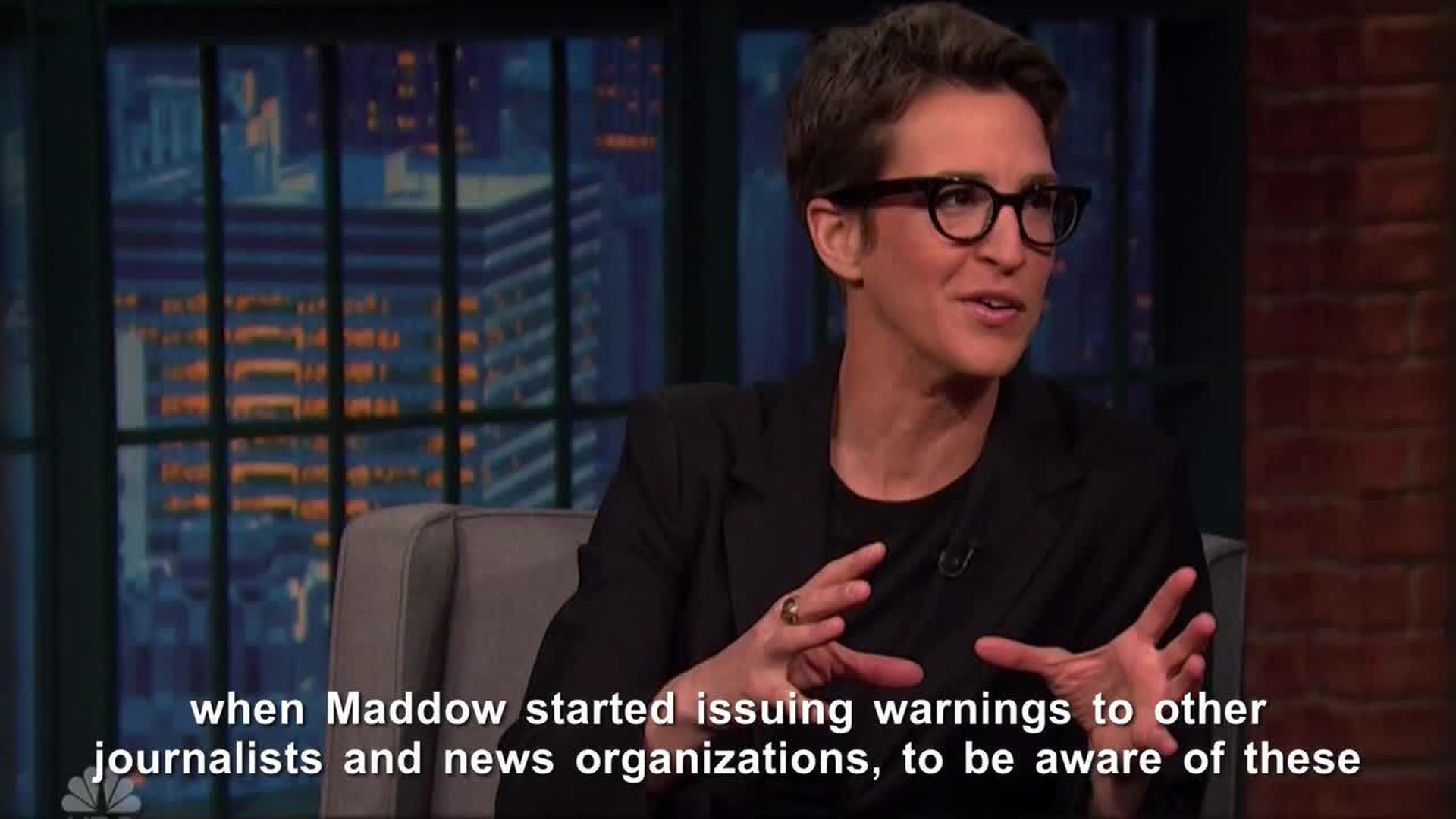


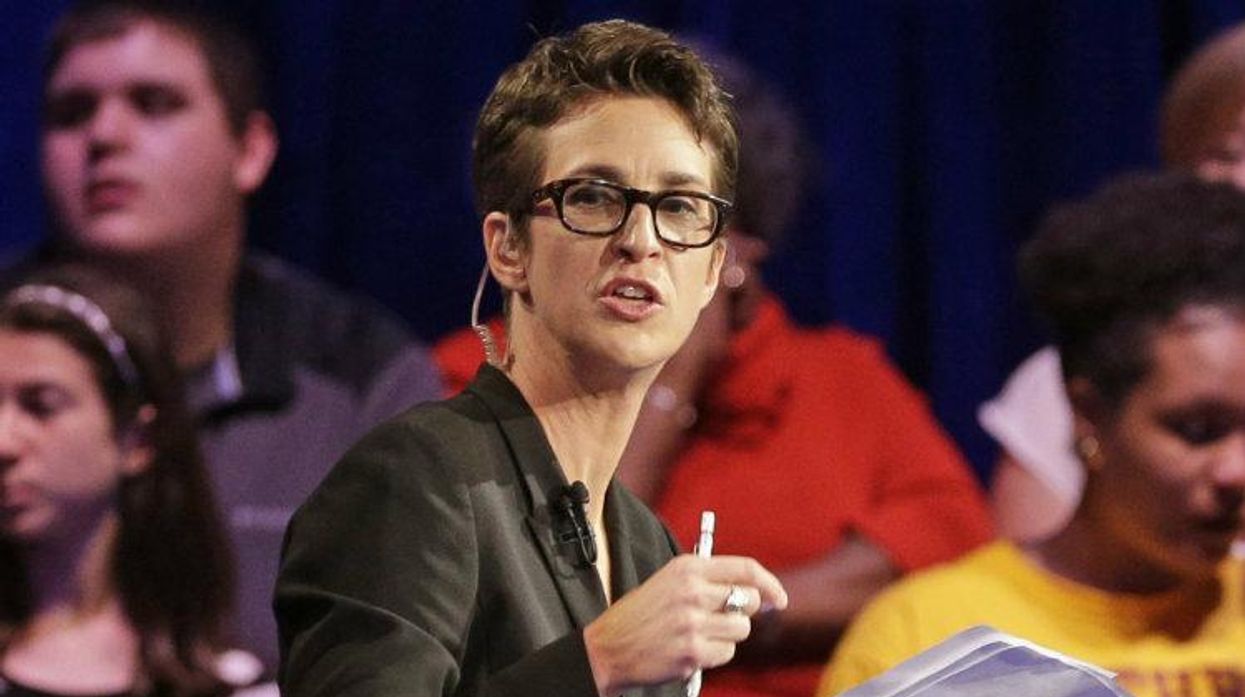

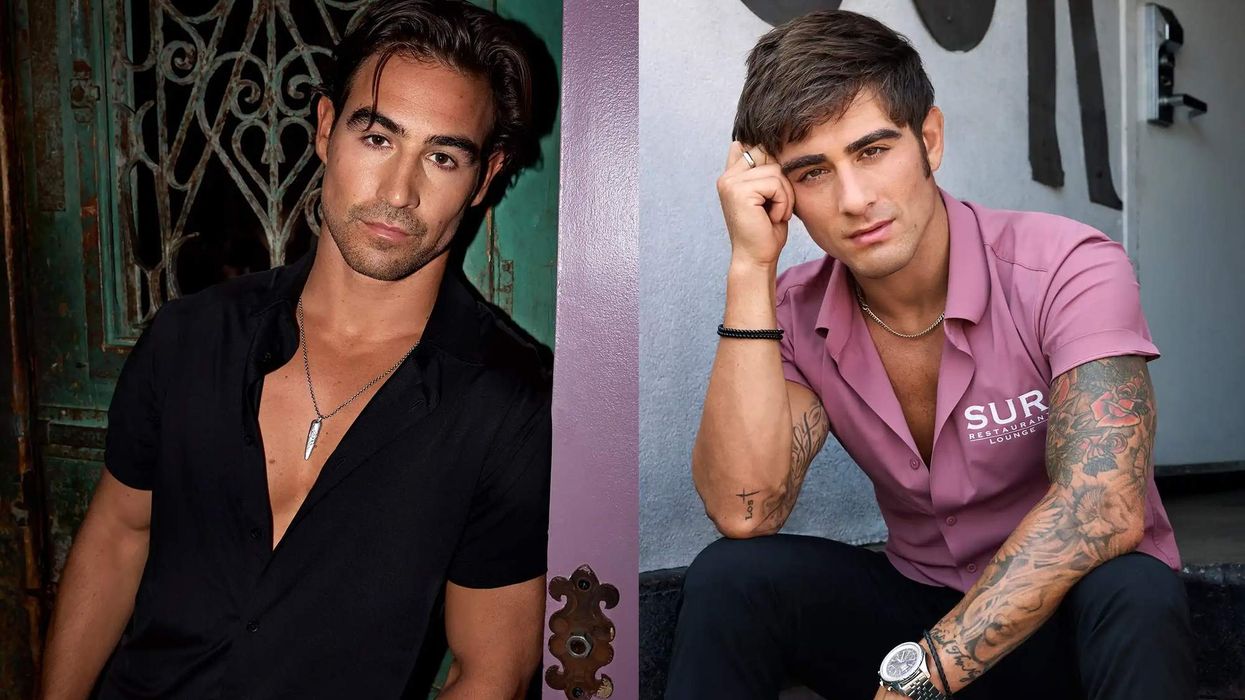








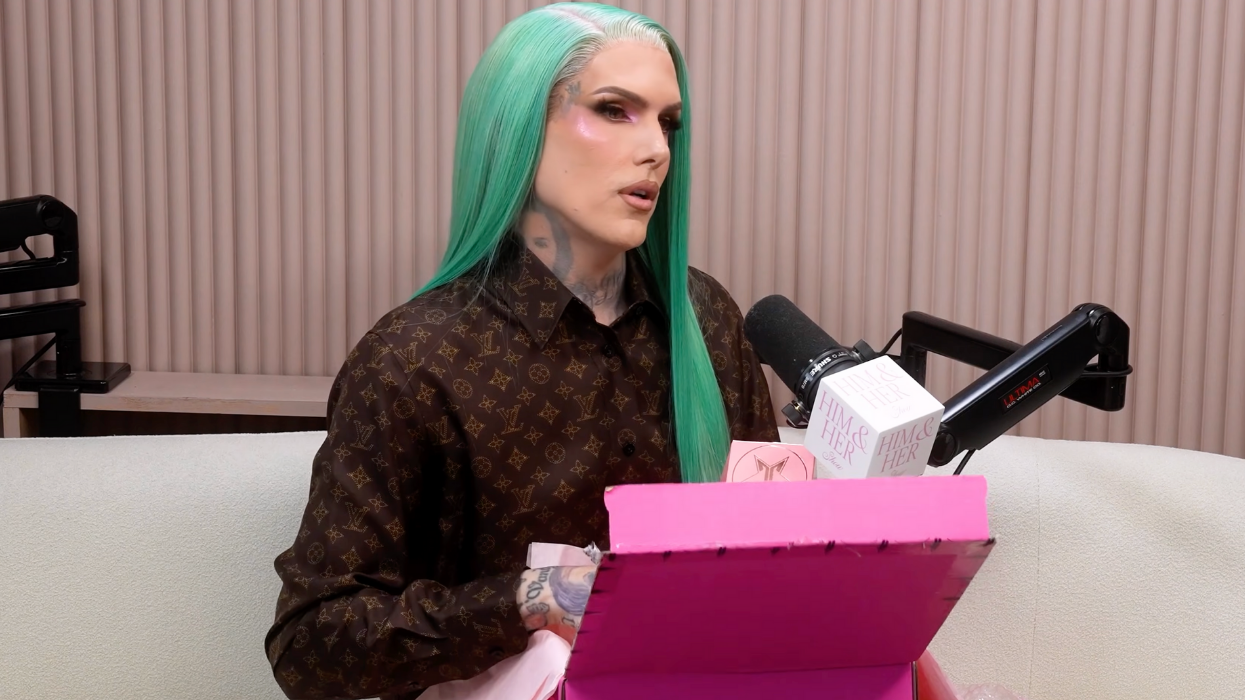

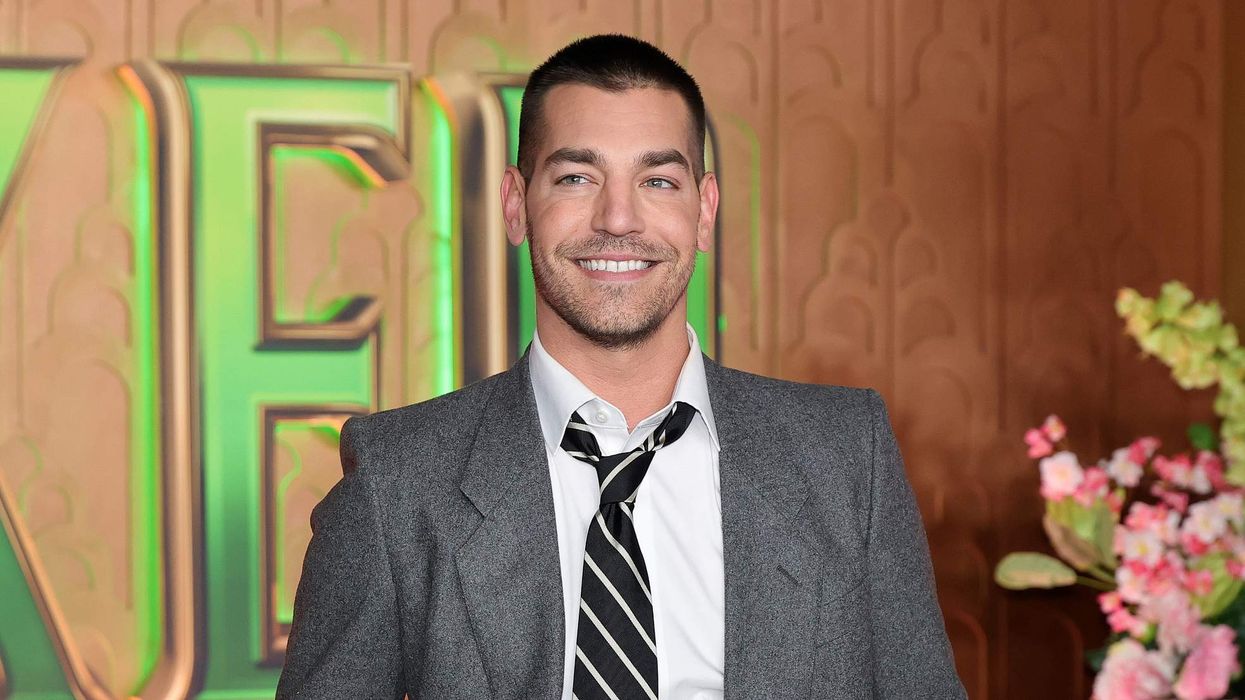

Years before Stonewall, a cafeteria riot became a breakthrough for trans rights
All about the Compton's Cafeteria riot, when drag queens and trans women rose up against police at a diner in San Francisco.